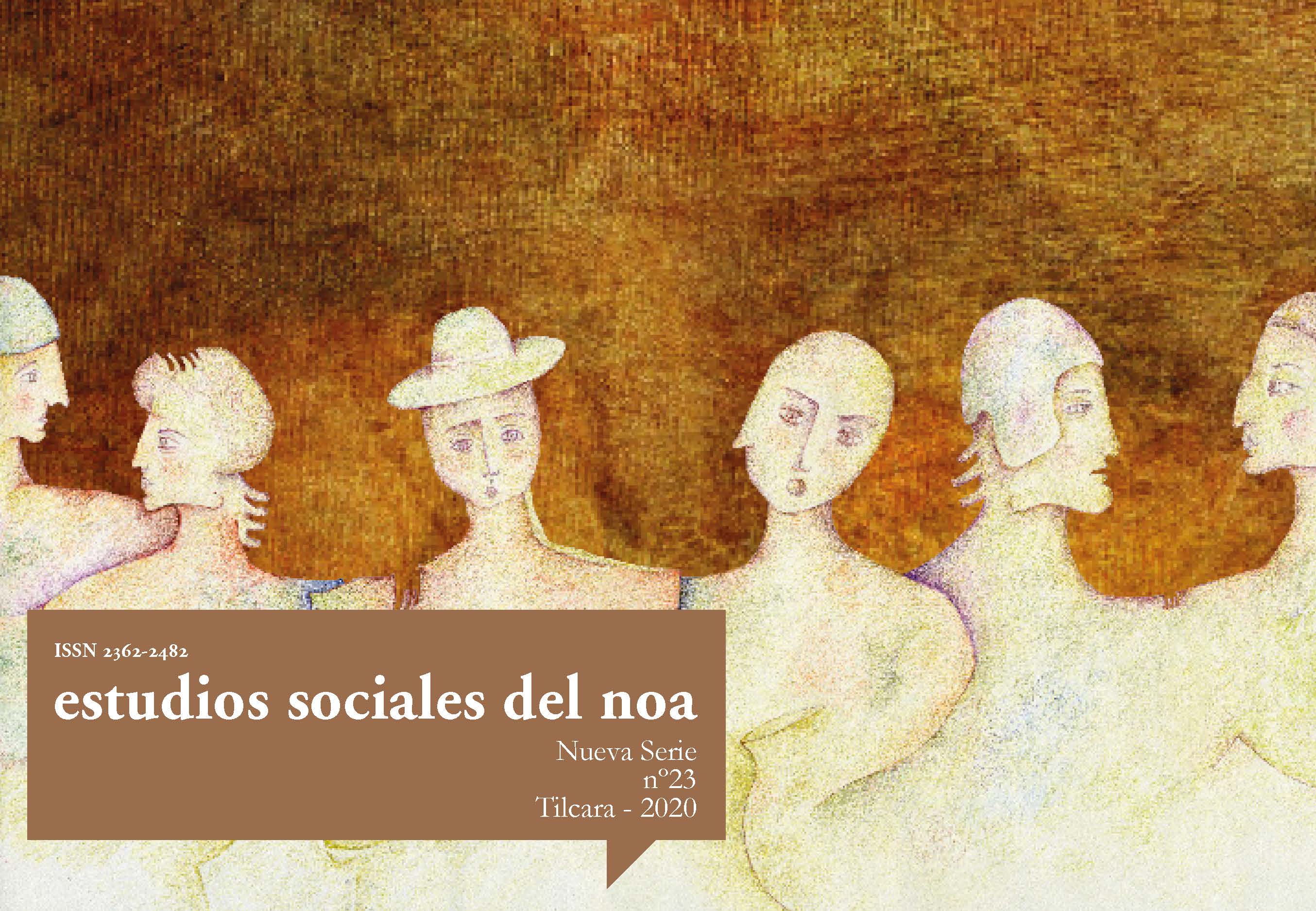Prestigious Legacies? The appreciation of indigenous origins in the construction of Argentine identity, from the late 19th century to the 1930s
Abstract
This article discusses the resignification of indigenous cultural heritage seen in the work of some Argentine intellectuals that were linked to Spiritualism (Joaquín V. González, Ricardo Rojas, and Ernesto Quesada) from the late 19th century to the 1930s. Unlike hegemonic perspectives which devalued indigenous alterity —e.g., Estanislao Zeballos’ and Bartolomé Mitre’s— these authors highlighted important sociocultural connections between traditional elites and indigenous peoples. Forged mainly in the Argentine Northwest (NOA) since the Spanish conquest, these connections were putatively grounded in the connections of indigenous peoples to the “great” Pre-Columbian civilizations, as well as their participation in the wars for Independence. By imagining instances of conviviality between antagonistic social actors, these discourses tend to obscure the implicit asymmetries in Argentine history, and they erase indigenous peoples as active social subjects in the present.Downloads
Authors who publish in this journal accept the following conditions:
- The authors or translators retain the copyright and assign to the journal the right of first publication, with the work registered under the Creative Commons Attribution-NonCommercial-ShareAlike 4.0 International, which allows third parties to use what published as long as they mention the authorship of the work and the first publication in this journal.
- Authors may enter into other independent and additional contractual agreements for the non-exclusive distribution of the version of the article published in ESNOA (eg, include it in an institutional repository or publish it in a book) as long as they clearly indicate that the work was first published in this journal.












